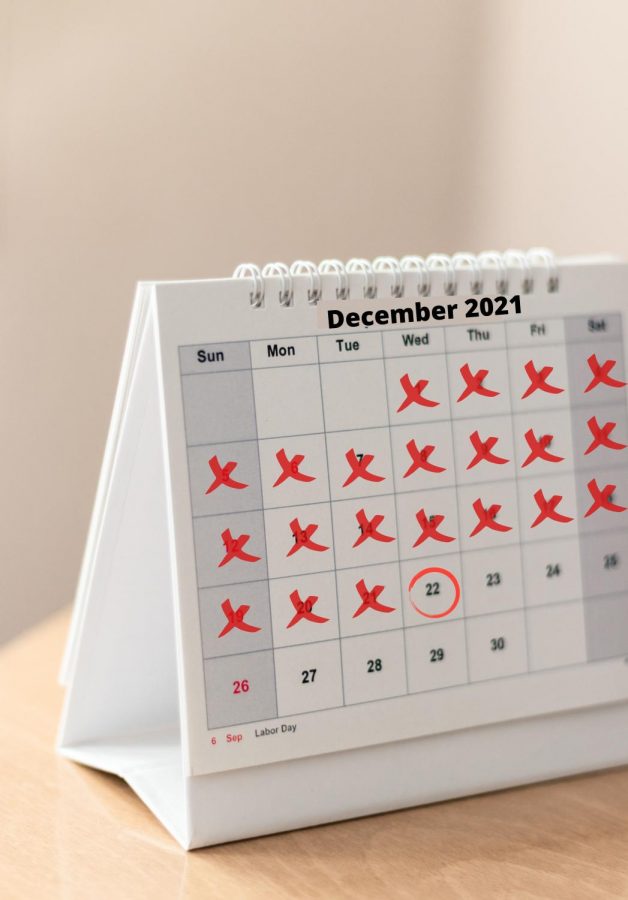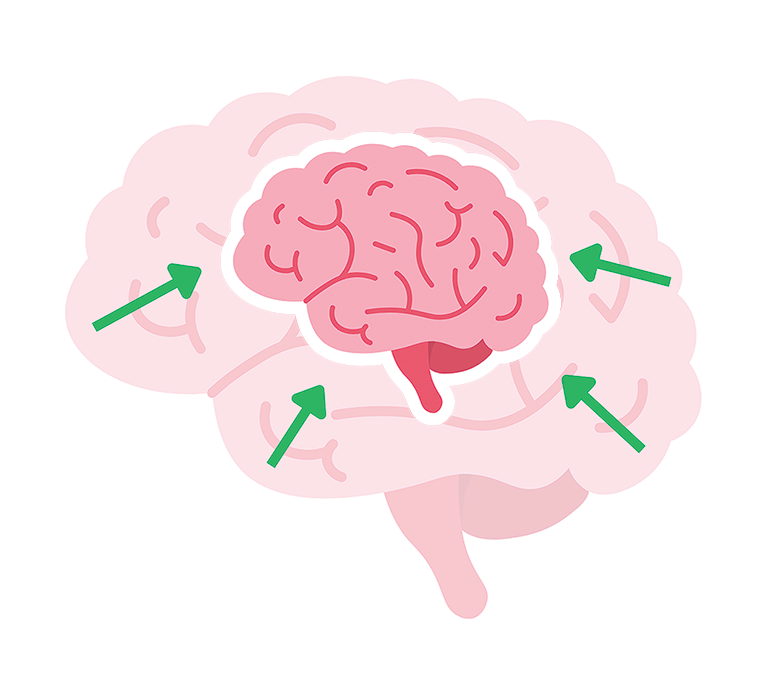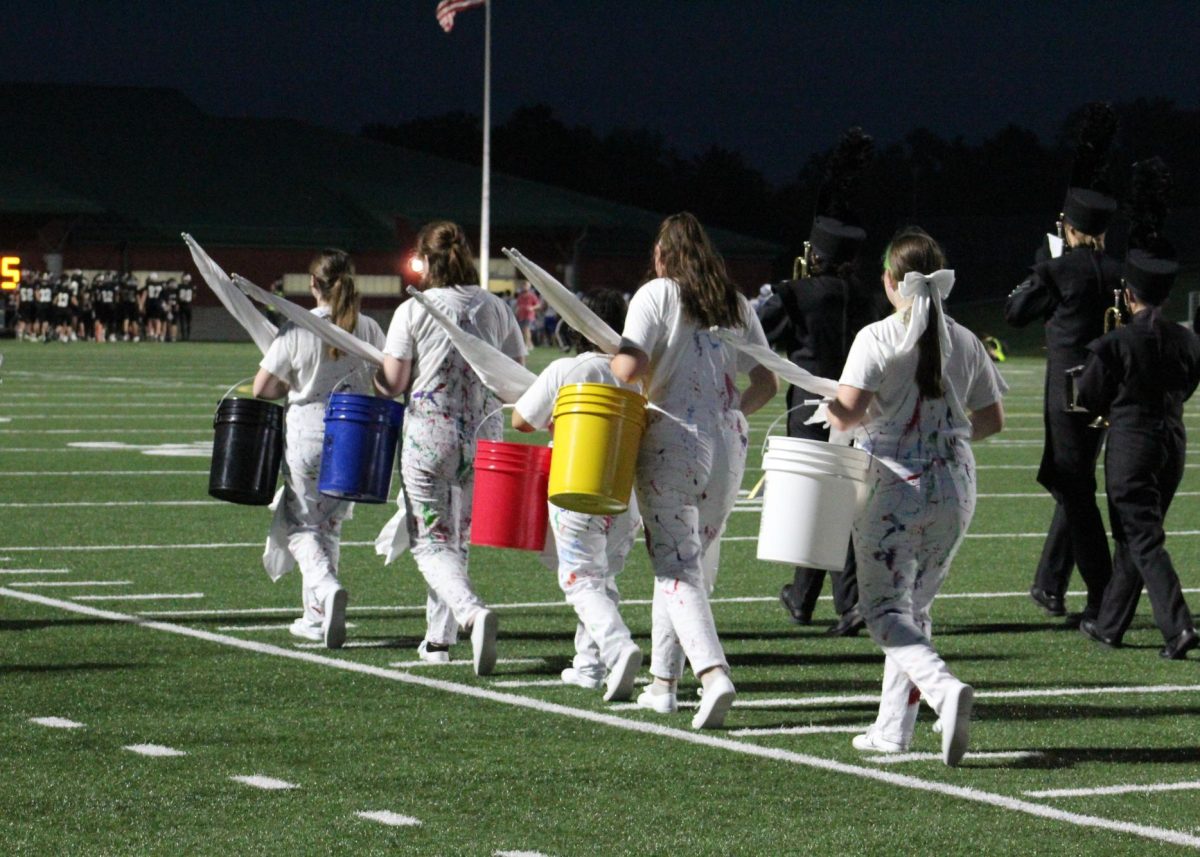End of semester brings finals and stress to many LSE students
LSE teacher and student speak out about the stress that finals put on many
December 22, 2021



It’s that time of year again. With preparation for finals in full swing, many students have seemingly endless lists of reviews to complete, assignments and projects to finish, tests to take, community service hours to finish up and much more. The pressure of a semester ending is enough to rattle anyone. For some, it may be the last opportunity to earn a passing grade, while for others, it may be the difference between getting offered scholarships for college or![]()
![]() having to carry the weight of college debt for years to come. Either way, the pressure alone of getting those last assignments in for each class can be a lot to handle. For many students, adding a final on top of everything else can make the already stressful time of year almost unbearable.
having to carry the weight of college debt for years to come. Either way, the pressure alone of getting those last assignments in for each class can be a lot to handle. For many students, adding a final on top of everything else can make the already stressful time of year almost unbearable.
“I understand the pressure and stress that goes with finals. I remember,” Lincoln Southeast High School (LSE) Human Behavior teacher Julie Wilcox said.
Wilcox recognizes that finals can be a lot for students to balance. Because of that, and the flexibility her curriculum offers, she is able to provide students with relatively shorter and simpler finals than many other teachers. Wilcox also allows students to use notes on their finals as a way to help lighten the load at such a stressful time.
“I don’t require students to memorize every stage and age and name of all the theorists and all of the vocab,” she said. “In my class, we can apply what we’ve learned to our life. We can remember things like a personality trait or a personality type because we know our own.”
Wilcox teaches classes where the objectives are mainly based around being able to apply certain theories to yourself. Because of this, she doesn’t see a reason to force students to learn all of the specifics of what each theory is.
“I think the objective of ‘can I apply this to myself?’, ‘why do I behave the way I behave?’, that just gets lost in the facts if you have too much to memorize,” she said.
Wilcox still gives finals to her students, but on top of making them ‘easier’ than others, she allows students to use any notes they may have on the test.
“Having the notes, being there in class all semester, taking the notes, it’s a reward to give you that open-note final. If you didn’t come all semester and you don’t have all those notes, or if you slept during class, you aren’t going to have what you need. So you won’t reap that benefit, you won’t have that reward,” she said.
Although Wilcox believes that finals may be beneficial to some teachers and students, she also thinks that students who have been doing well continuously throughout the semester deserve a break when it gets to finals time.
“A final is a one stop shop of kids being able to show that they met the objectives for the whole course. So, I believe in it for that reason, but I think finals can just add unneeded stress onto kids that are already doing well,” she said.
Wilcox would like to encourage students who are struggling with the stress of the ending semester and finals to take brain breaks and try some breathing strategies. She also finds it helpful to make a list of everything that needs to be done in the next week and cross it off as you accomplish things.
“Just look at [the list] like it’s temporary. It’s a lot, but it’s temporary,” she said.
LSE Senior James Meints shares views that are similar to those of Wilcox. He has felt the pressure of finals and believes that while finals are necessary, there are things that teachers should be doing to help students out.
“Don’t sit students down and give them a long list of questions as a final. That’s not good for their mental health,” he said. “What you could do, is give them an essay and a short list of questions.”
Meints said that finals are really challenging for students who have a job and other responsibilities on top of the several classes that they have to worry about during finals.
Due to the stress that non-stop studying can bring, Meints uses a 30/5 system and would like to encourage fellow students to try it out as well.
“30 minutes of studying, and then you take a five-minute break. Then it’s back to studying,” he said.
Meints believes that cramming too much information all at once can impact many people in a negative way, and with the 30/5 idea, students are still able to have breaks, but also get ample time to study and ensure that they are finals ready.
Although finals can be a stressful time for many students, both Wilcox and Meints agree that finals are only temporary. LSE students are able to enjoy a winter break immediately once finals are over, leaving everyone with something to look forward to.









